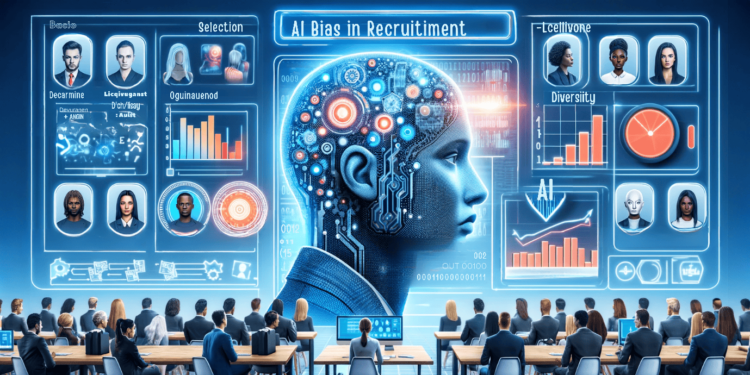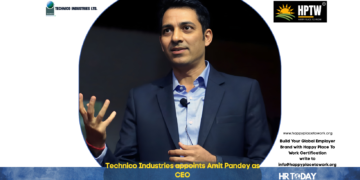Integrating Artificial Intelligence (AI) in recruitment has revolutionised the hiring landscape. However, this technological advancement brings the challenge of bias, a concern highlighted in various studies and reports, including LinkedIn’s “Global Recruiting Trends” and MIT’s research on AI ethics.
Understanding AI Bias in Recruitment AI bias in recruitment occurs when the algorithms inadvertently perpetuate existing human biases, leading to unfair or discriminatory hiring practices. According to a report by Harvard Business Review, this often stems from biased training data or flawed algorithm design. The issue is not just technical but also reflects deeper societal biases.
The Impact of Biased AI on Diversity and Inclusion A biased AI system can significantly undermine organisational diversity and inclusion efforts. The World Economic Forum’s “Future of Jobs Report” emphasises the need for diverse and inclusive workplaces and how biased AI can hinder achieving this goal.
Identifying Sources of Bias Identifying the sources of bias in AI-driven recruitment is crucial. As per McKinsey & Company’s insights, biases can originate from various stages, including data collection, algorithm development, and interpretation of outcomes. Understanding these sources is the first step toward mitigation.
Strategies for Mitigation To combat AI bias, organisations are adopting various strategies. As suggested by Deloitte’s “Human Capital Trends,” one approach involves diversifying the data sets used for training AI systems. Another method is to employ a ‘human-in-the-loop’ approach, where human judgment is used to complement AI decisions, as discussed in Gartner’s “AI Trends.”
Ethical Considerations and Regulations Ethical considerations are paramount in AI-driven recruitment. Ensuring compliance with legal standards and moral norms is critical. For instance, the European Union’s General Data Protection Regulation (GDPR) sets forth guidelines for AI transparency and accountability, as noted in a report by the European Commission.
Eliminating AI bias in recruitment is a complex but necessary endeavour. Organisations must be vigilant in identifying and mitigating biases to ensure fair and inclusive hiring practices. Continuous monitoring, ethical considerations, and adherence to regulatory standards are key to leveraging AI effectively in recruitment.
References:
- LinkedIn’s “Global Recruiting Trends”
- MIT’s research on AI ethics
- Harvard Business Review’s report on AI in recruitment
- World Economic Forum’s “Future of Jobs Report”
- McKinsey & Company’s insights on AI bias
- Deloitte’s “Human Capital Trends”
- Gartner’s “AI Trends”
- European Commission’s guidelines on GDPR and AI













